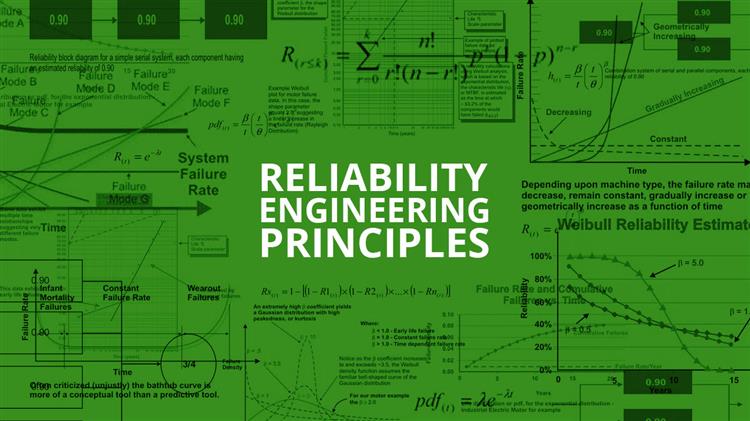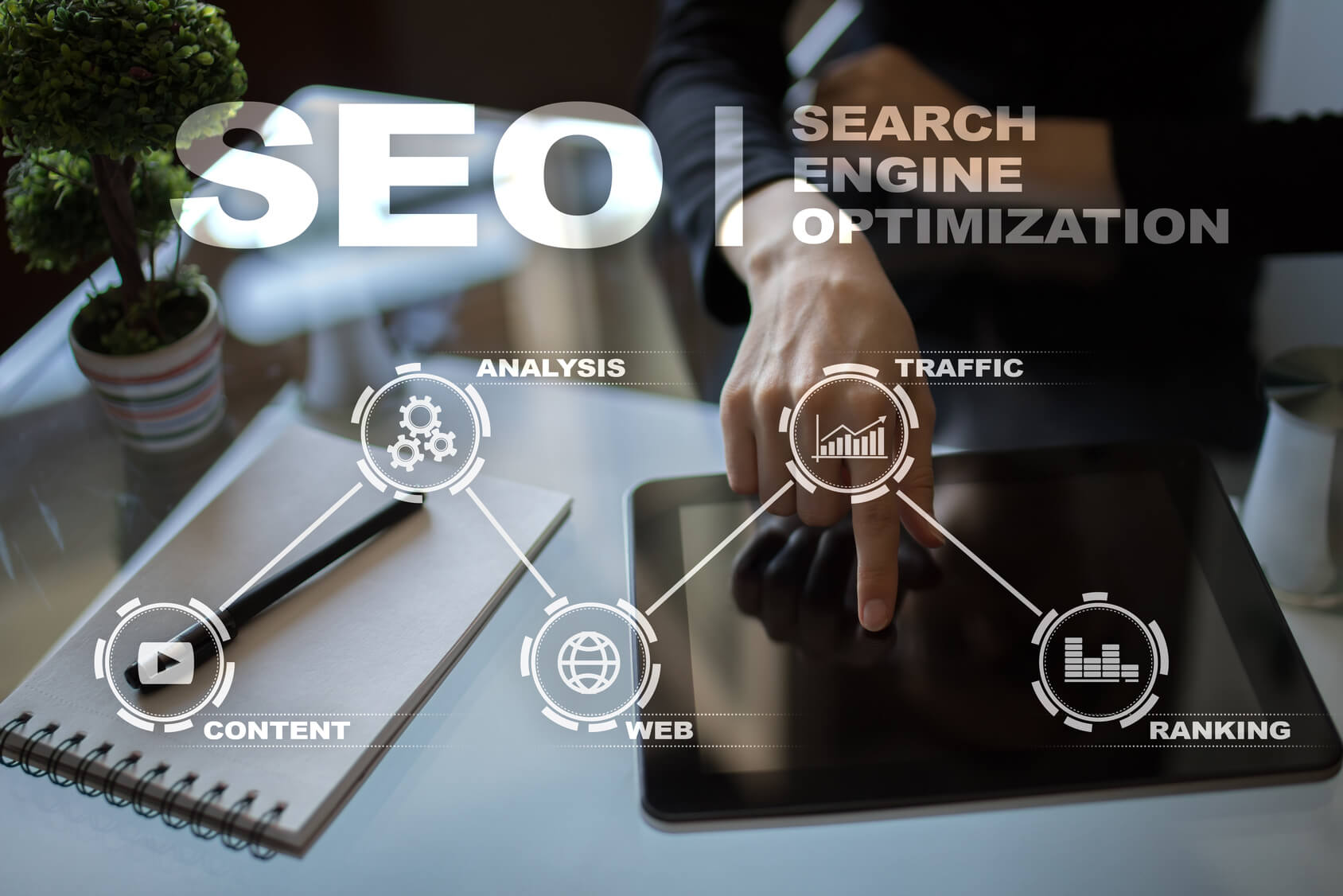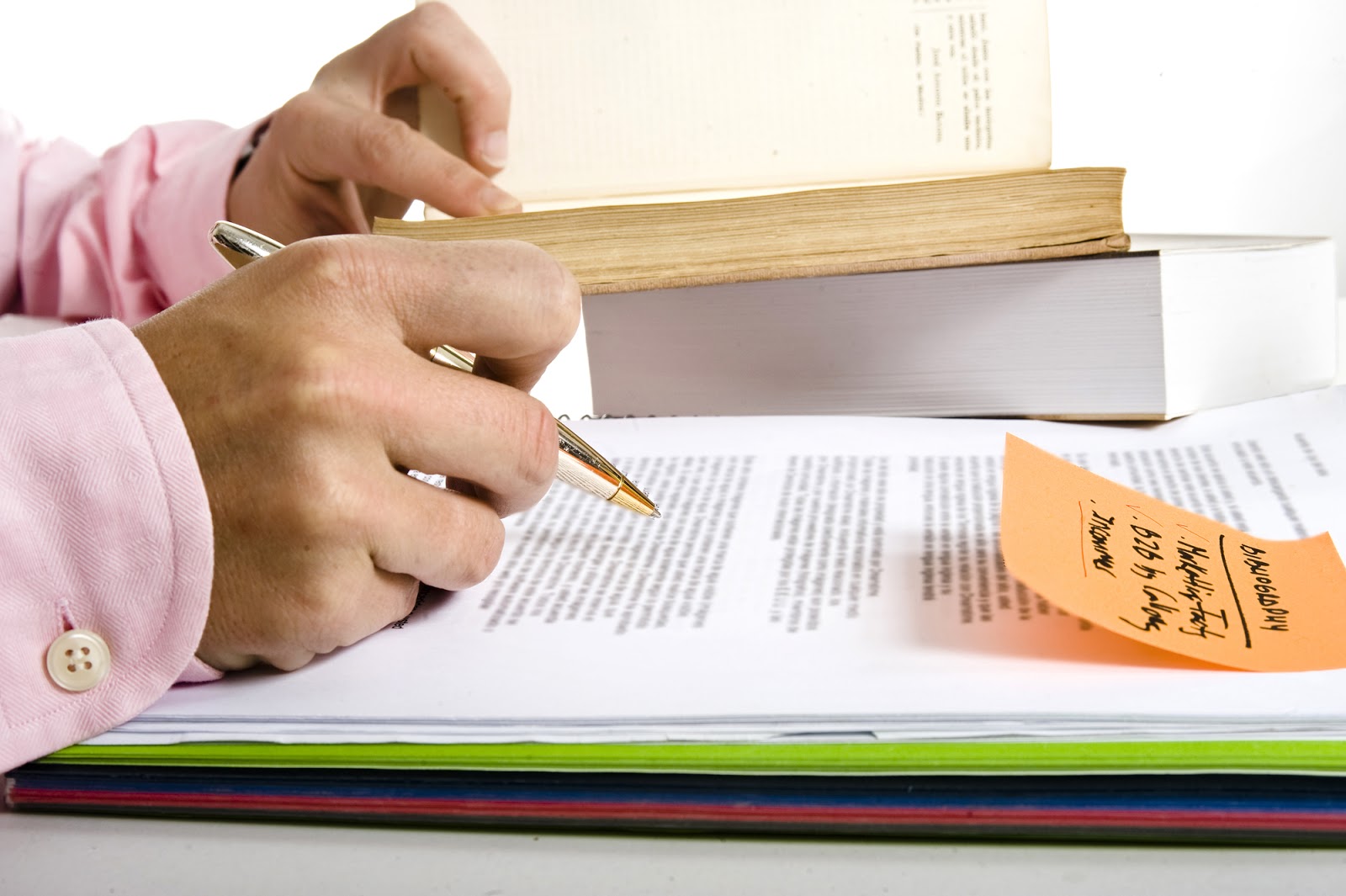A Look at Reliability Engineering and why it’s Essential to Your Success

Before purchasing software or downloading an app, modern consumers often prioritize three things before they can make up their mind, which include:
- Reliability
- Performance
- Security
They seek a product or service that meets and exceeds their expectations, or one that offers them value for their money. In that light, how can you ensure your software or app fits this description by incorporating reliability engineering in your production process.
Got no idea what this type of engineering entails? Read on to understand why it’s essential to your success.
What is Reliability Engineering?
It is the discipline of engineering that takes up various aspects of software engineering to manage infrastructure, automation, and scaling.
This often reduces risks and at the same time facilitates speedy and much safer deployments and backups. In a layman’s language, this discipline of engineering seeks to optimize product reliability by minimizing failure, enhancing maintenance efficacy, and significantly reducing downtime.
Why is Reliability Essential?
Given the simple definition above, it’s easy to downplay the essence of reliability. But the truth is, the reliability of a product is incredibly essential as it directly influences the factors outlined herein.
1. Your Reputation
As mentioned earlier, modern-day consumers want not just a product or service, but something that offers them value for their money.
They want to purchase a product or service they can be sure will serve the intended purpose for as long as possible regardless of external conditions. This explains why the majority of consumers will choose an iPhone over an android phone at any given time.
Therefore, the more reliable your software or app is, the more reputable your business will be and vice versa. You must put in work and make the products and services you provide more reliable through reliability engineering.
2. Customer Satisfaction
Customers will always appreciate a reliable product, but this doesn’t necessarily mean it’ll satisfy them. The reason behind their appreciation might be because it gets the job done.
However, nothing hurts customer satisfaction as an unreliable product. For instance, if a client installed your software or app and it fails to achieve its purpose, they’ll not only be unsatisfied but also you’ll likely lose them to your competitor whose products meet the cut.
That’s why most consumers will gladly spend more money on an expensive product they can trust even if there is a cheaper one available at their disposal.
3. Warranty Expenses
Another reason to prioritize reliability is that it not only affects your company’s reputation and customer satisfaction but also directly influences your warranty costs.
The more a product or service fails during the warranty period, the higher these costs, and consequently, the lower your profits.
4. The Rate of Repeat Customers
Do you have a high lead conversion rate but a low repeat customer rate? If yes, then this is an indication your product isn’t reliable enough to meet the customer requirements.
Brands that channel their efforts to improving reliability often have a high repeat customer rate as they prove that they prioritize customer satisfaction.
Are you looking to improve customer satisfaction and improve business performance? If yes, then you need to work on the reliability of your software or mobile application.
You can do this by working with a reputable reliability engineering company.





